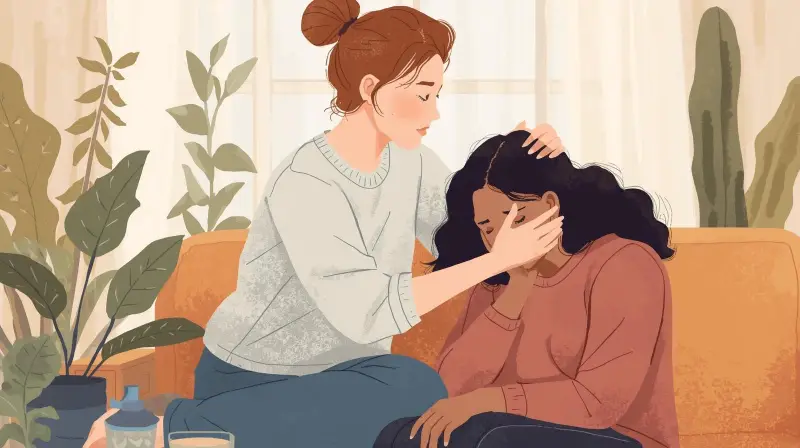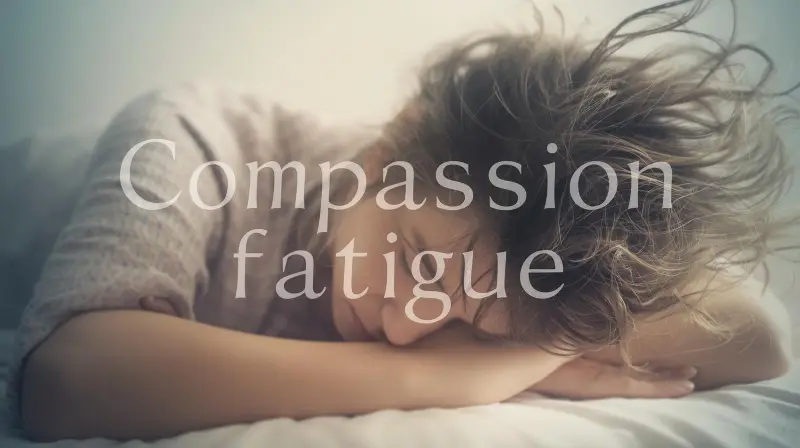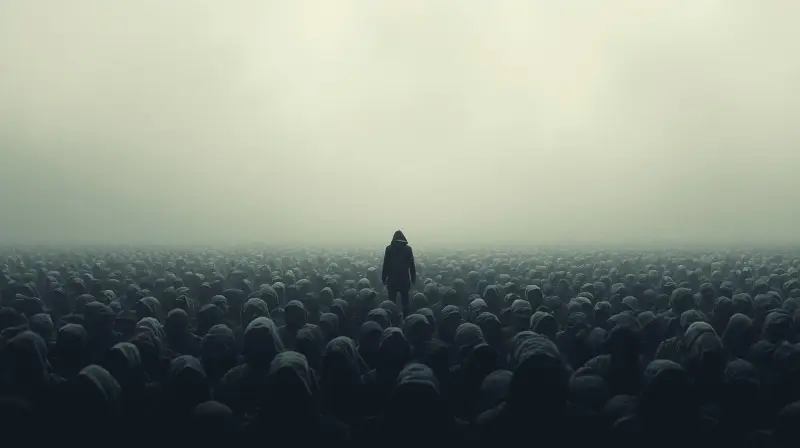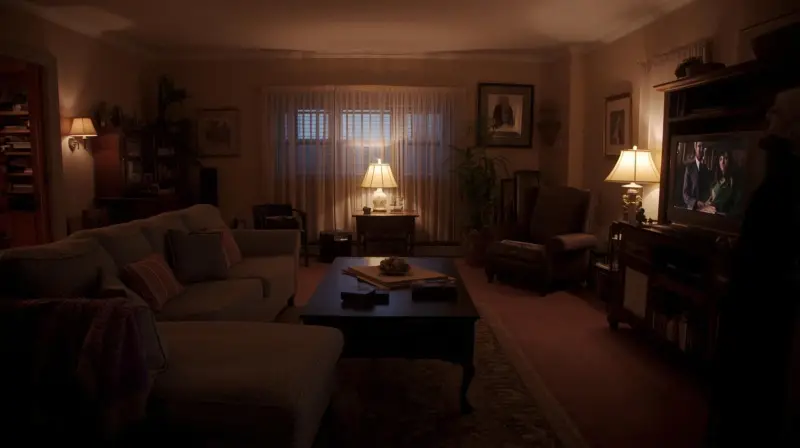There’s a lot to be said about a person who’s single.
But why need there be?
It generally wouldn’t be considered a big deal, but the singles in our society are made to feel inferior in subtle as well as very open ways. The general idea seems to be that a coupled life is the ‘desirable’ or the ‘ideal’ form of life. From media, cultural beliefs, and familial expectations to the ‘support’ of friends and relatives, it all points to a ‘happily married’ life and a pity without it. Even with today’s growing focus on career and individual goals, the ultimate sign of a happy life seems to involve a coupled family with one or more kids.
Married life is surely a sensible way of life, and there is no doubt about it. The fault, however, lies in the belittling of those who—for whatever reason—have chosen other ways of life. This article provides a detailed account of how singles are stigmatized because of their apparent lonesome misery and why this causes a deep sense of inferiority or shame to blossom in their hearts.
What is Social Stigma?

Erving Goffman, a Canadian American Sociologist and psychologist, defines social stigma as a phenomenon whereby an individual with an attribute that is deeply discredited by their society is rejected as a result of the attribute.
Singles can be considered stigmatized as per this definition. However, they are not necessarily rejected in the way that one would think. The rejection of single individuals in society is more subtle and sympathetic. It’s a sort of masked (sometimes even unmasked) disapproval of their single status. Including but not limited to hurtful comments masked as ‘jokes,’ ‘concerns’ displayed through attempts to set them up, and outright remarks of pity or sympathy with respect to the loneliness they must face.
According to Link and Phelan (2001), for there to be stigma, there must be labeled differences, stereotypes, separation, status loss and discrimination, power, and emotional reaction.
According to this definition, however, singles may not be considered stigmatized. They are surely labeled, stereotyped, and emotionally affected, but it cannot be said for sure that they are separated, lose status or power, or are discriminated against. Yes, they are often not taken in as renters and are not privy to laws exclusive to married couples. But this isn’t enough to constitute stigmatization.
In a way, we can say that singlehood is a social stigma, not in a more violent or aggressively open way but in a more subtle manner, which we shall see below.
The Singletons

There are a variety of single people, based on why they are single. There are those single because of a divorce or break-up, those single by choice or celibacy, and there are those single but desirous of or actively looking for a partner. There are others still who are single because their sexual preference is not supported by law or because they are asexual or aromantic.
No matter the cause, each type of single individual faces shame and induced loneliness that is caused by constant remarks from others.
If we really think about it, when we meet a friend after a long time, what do we ask them to catch up on? How are they doing, and do they have someone? It may be a question in the context of—are you still with the person you were with the last time we talked? Or if the person was single, have you found someone yet?
These and more subtle conversational focuses tell us what society values and considers important. How are the main landmarks of life considered—birth, graduation, marriage, kids, and then grandkids? You could also add in a stable job or promotion, and there, life is fulfilled.
There are various sorts of overlaps with how society has become a certain way nowadays with the singlehood stigma. Let us try to note down all the possible ways single people are, subtly or not, belittled.
Character Traits

Whenever we find out someone has been single for a long time or has never dated in their life, the most instant thought is—how is that possible? And yes, people ask it out loud as well.
The very second thought on its heel is—are they not a good person? Is it because they are not good looking or financially stable? Then there’s the—are they gay?
Those are fair guesses, sure, but they highlight something important. That we consider singlehood not a state to be in for long. Our brain—due to social and cultural reasons—is wired to think of marriage as the default and all other choices—polygamy, open relationships, singlehood—as something out of the ordinary or normal course of life.
This, in turn, makes us question a person’s state of mind, characteristic traits, preferences, and more. A ‘bachelor’ or a ‘spinster’ are terms more often than not used in negative connotations. They indicate an apparent sign of irresponsibility, lack of maturity, lack of ‘stability,’ and overall lack of a happy and fulfilled life.
Mental and Domestic Assumptions

There are two types of people in such situations: those who wonder what is wrong with the single person and those who pity them for being single. There is also a third variety, which is a mixture of both.
There’s the very common assumption that a single person must be lonely or desirous of a partner. Which makes them try to find someone and go out of their way to play matchmaker.
The assumption that a single person must have nothing to do and must be living a boring life, which inspires pity, invites.
Another assumption when one does not get a proper reasoning behind singlehood is that the single person must’ve had a bad romantic experience in their past.
But the most outstanding is the assumption that everyone desires a romantic and/or sexual life. Society is so deeply ingrained with the idea of a duprass—in the Bokononist terms of Kurt Vonnegut—that anything beyond or apart from that is considered unusual or unacceptable.
Not to mention how, due to the media portrayals of happily ever after and the necessary love interest in almost every mainstream movie, it slowly and subconsciously induces the idea of a need for a romantic partner. It romanticizes the good part of relationships and never portrays the perils that are sure to come in the way of all relations. If they do appear, they are very easily resolved. It puts fantastical notions in the minds of people.
Idea of a Good Life
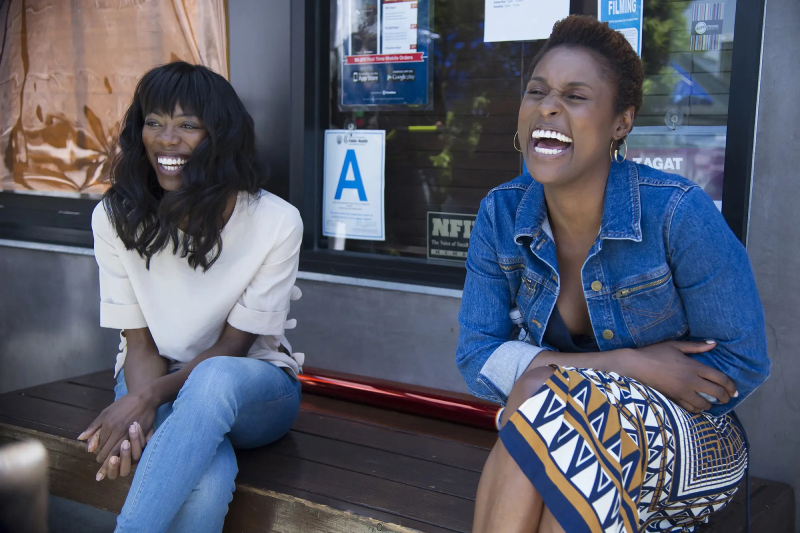
The idea of a good life is so deeply associated with marriage and kids that without them, one is bound to consider it a not good life. There is the whole idea of mandatorily having a kid, and the biological clock ticking is put into the minds of women especially. This idea of a good life is what induces parents and relatives to think they are being helpful when, in fact, they are just making the single person feel like there’s something missing in their life or them.
Is There a Need for Change?

A question worthy of discussion is whether there really is the need for a change in such stigmas and seemingly ingrained social expectations. The argument against it is based on the fact that social stigmas are created as an indication of what a particular society supports or stands for and what it shuns and doesn’t approve of. This isn’t necessarily a bad thing, they say because it is a manner of nudging people to go the acceptable way. The argument for is that we, as a society, need to collectively decide on what we consider good and acceptable and what we don’t, and each generation does it. Sometimes, it has proven to have been for the better; other times, not so much. The idea is that we should invoke democracy and collectively take part in discussions and debates so we may come to a consensus.
In the topic of singlehood exclusively, the debate for society’s approach may or may not happen, and the conclusion may or may not be favorable. In any case, what is of utmost importance to a single person is what they think of themselves, without all the judgments of the outside world, and whether they want a partner or not. They should decide what they want on their own and pay as little heed to what the world says as they can. Not having a partner—by choice or otherwise—is no cause for concern, nor is it a shame. It’s just the current state of their life, and from here on, it’s up to them where they want to guide it. If they want a relationship, then they should put themselves out there and truly be open to it. If they don’t want a romantic relationship—whatever the reason may be—then they should be confident in their choice and not get bothered by what society has to say about it.
Conclusion
The stigma of singlehood may or may not be a legit stigma. Yet, it is a serious problem that we all simply brush off and consider not worth worrying about. When, in fact, it affects people mentally and emotionally. It affects their idea of themselves and their self-esteem.
If it is not possible for someone to believe in a certain idea or agree with a certain way of life, then at least they can be humble and understanding enough to let those who do believe in it live. It is a big possibility that many of us ourselves have, sometime in our life, made a single person feel bad about themselves or tried to give them unsolicited ‘help.’ Whether it was unknowingly or with deliberate intention, let us try from now on to be better people, to be supportive without assuming what the other person desires, and to accept people, even if we do not necessarily understand them (unless they’re being hurtful or evil, of course!).

